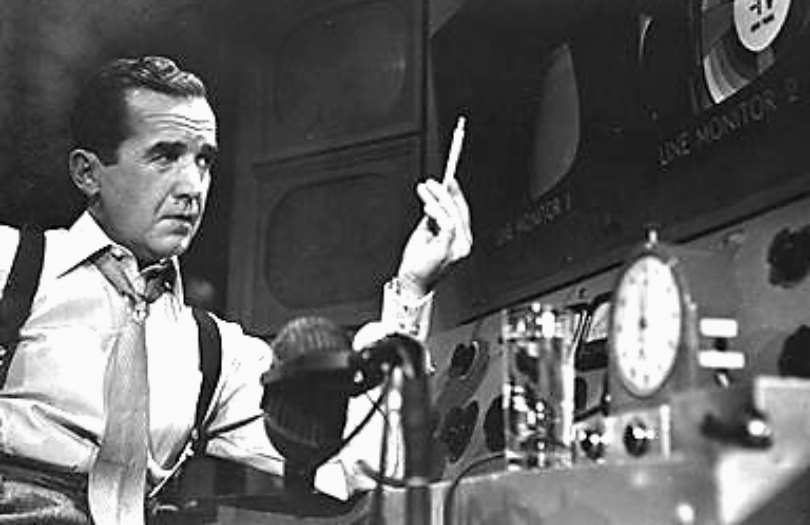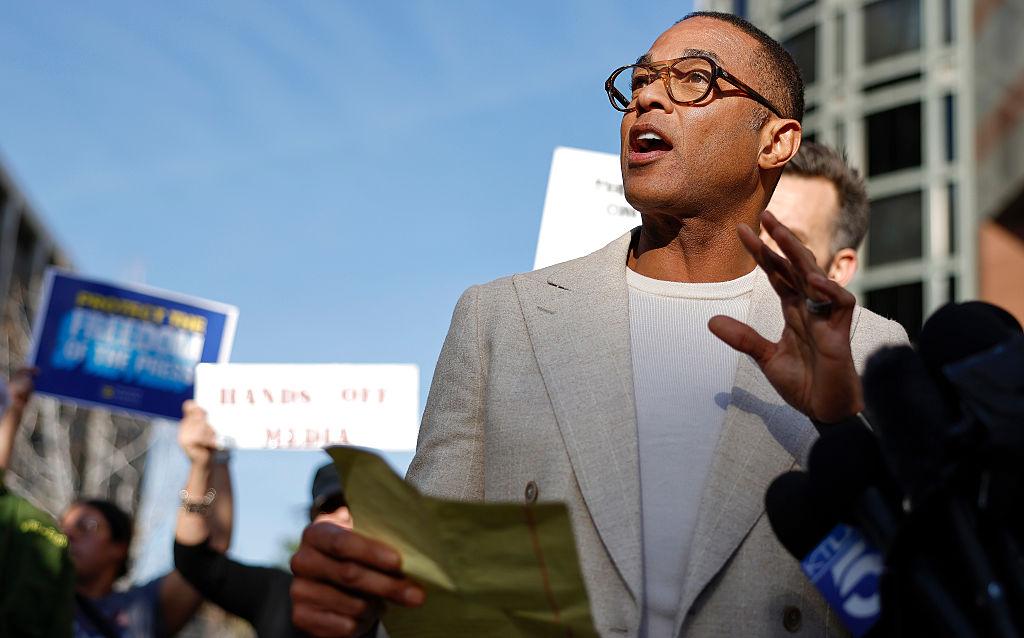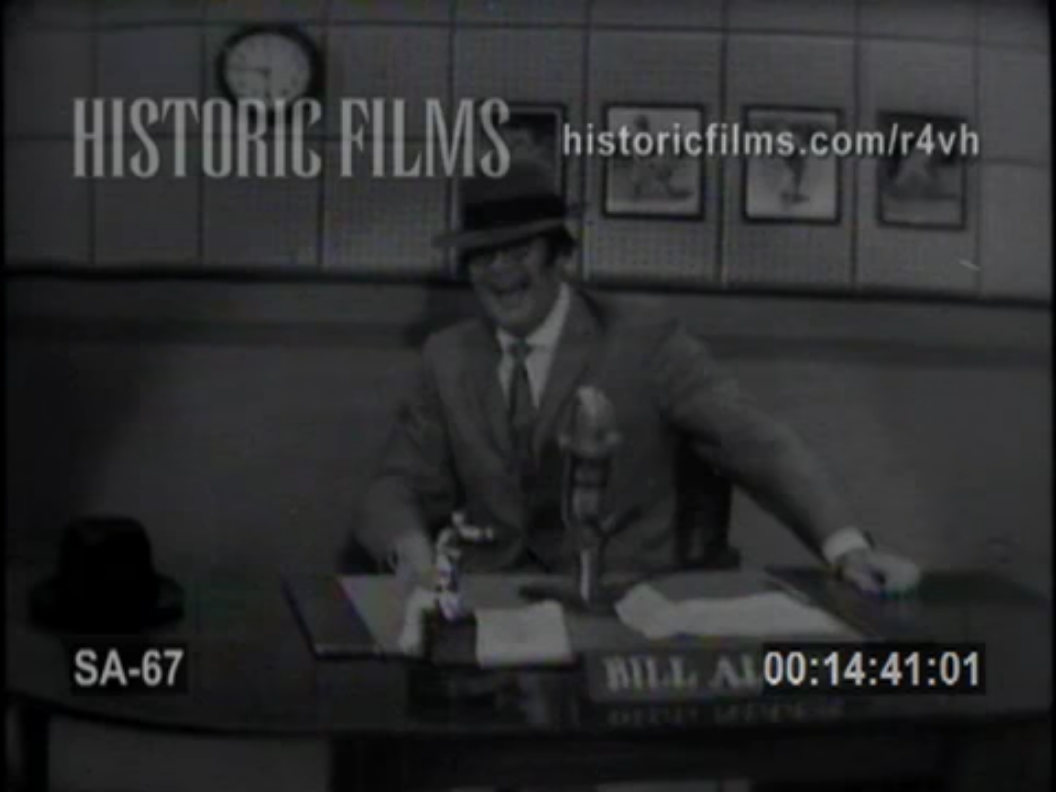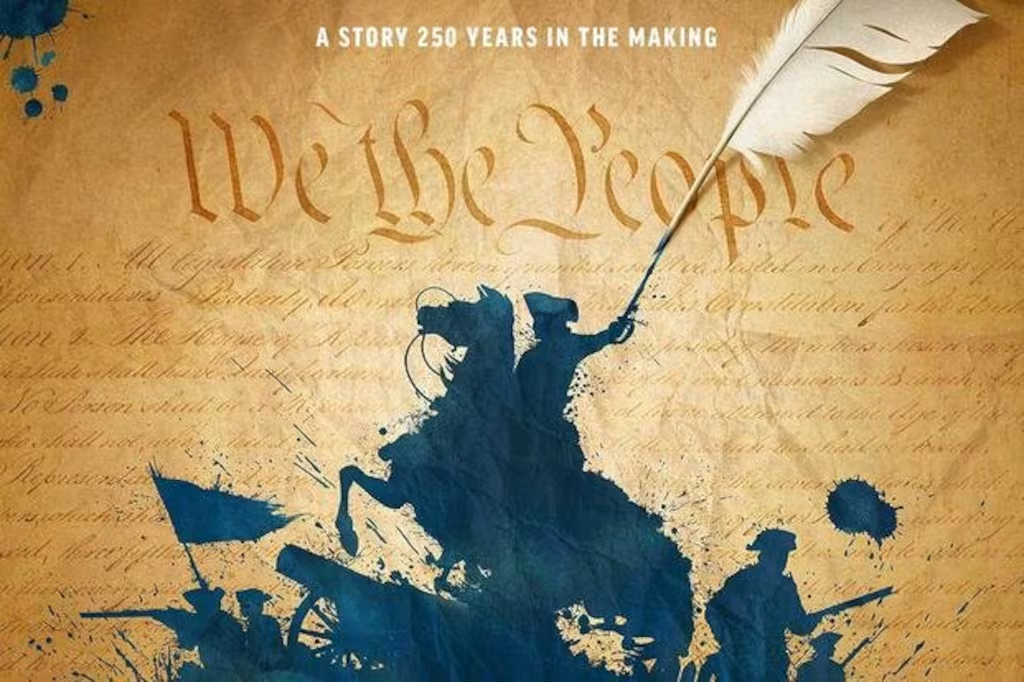“To be persuasive we must be believable; to be believable we must be credible; to be credible we must be truthful. It is as simple as that.” ~ Edward R. Murrow, 20th century journalist in testimony before a Congressional Committee, May 1963

Let’s face it, credibility is not that simple anymore. It has less to do with facts and more to do with the perception of the speaker.
In today’s context, we live with a president who waffles between playing the victim of the media and an arrogant distributor of distortions and lies.
Once upon a time, credibility was paramount. Journalists and the public took their responsibility to the truth seriously.
In a 1954 profile of Edward R. Murrow, Charles Wertenbaker observed:
“In introducing the first This Is the News broadcast, in September 1947, [Murrow] said, ‘This program is not a place where personal opinion should be mixed up with ascertainable facts.’ Then he added a qualification: ‘It is not, I think, humanly possible for any reporter to be completely objective, for we are all to some degree prisoners of our education, travel, reading—the sum total of our experience.’ Murrow is the prisoner of some strenuous opinions, but his admirers and detractors agree that it is difficult to catch him mixing them up with the facts.”
A contemporary of Murrow’s noted, “He always stands up to be counted when the issue’s big enough. And he never misses a chance to stand up for the principle of dissent. But he’s too much of a fanatic about being a reporter to throw in a lot of opinions when he thinks the facts will make the point by themselves.”
Murrow hasn’t stopped spinning in his grave not only at the egregious behavior of 45, but a much-watched segment of conservative television that, nightly, sells its soul for red meat ratings.
I’m referring to Sean Hannity and Tucker Carlson which are part of Fox “News.” (How Shepard Smith, Bret Baier and Chris Wallace tolerate these hacks down the hall is beyond my comprehension.) Carlson and Hannity are, in fact, complicit in the the president’s mindless obsession with phony conspiracy theories and misinformation. But don’t take my word for it. Let’s go to a credible source.
According to PunditFact, an adjunct to the PolitiFact fact-checking site, of 171 total “statements made on air by Fox, Fox News and Fox Business personalities and their pundit guests”: 22 percent were rated True or Mostly True; 19 percent, Half-True; and 59 percent are False, Mostly False or Pants-on-Fire.
Hannity’s scorecard is equally pathetic. Of 22 statements checked, 32 percent are True or Mostly True, and 51 percent are Mostly False, False or Pants-on-Fire.
While Carlson doesn’t have much of a record by PolitiFact, yet, he’s not looking good.
After the 1929 stock market crash, New York Journalist Walter Lippmann wrote, “A demoralized people is one in which the individual has become isolated. He trusts nobody and nothing, not even himself. He believes nothing, except the worst of everybody and everything. He sees only confusion in himself and conspiracies in other men.”
In today’s Post-Truth era, we are facing a crash of credibility.
According to a recent report by the Gallup organization (Sept. 11), “…more than nine in 10 Republicans, say they have lost trust in the news media in recent years. …
“Transparency also emerges as an important factor in the closed-ended ratings of factors that influence trust: 71% say a commitment to transparency is very important, and similar percentages say the same about an organization providing fact-checking resources, as well as providing links to research and facts that back up its reporting.”
While Murrow would be pleased to see support for transparency with fact-checking, too many believe false information based on ideology instead of facts.
“Both Republicans and Democrats,” the report added, “were less likely to trust news sources with a partisan reputation that opposes their own. However, they did not express much greater trust in news sources that have a reputation for a partisan leaning consistent with their own.”
However, social media poses the greatest threat to credibility.
In 1964, Murrow presciently said, “The speed of communications is wondrous to behold. It is also true that speed can multiply the distribution of information that we know to be untrue.”
Facebook and Twitter contribute mightily to the flood of false information as this recent example makes clear.
“When Donald Trump was caught retweeting fake statistics about race and crime,” philosophy professor Regina Rini writes (Oct. 15), “he told Fox News it wasn’t a big deal: ‘am I gonna check every statistic? All it was is a retweet. It wasn’t from me.’ Intellectually, we know that people do this all the time on social media, and pass along news without verifying its accuracy, but many of us listen to them anyway. The information they share is just too tempting to ignore — especially when it reaffirms our existing political beliefs.”
Rini suggests the following for determining veracity on sites like Facebook.
“Imagine a little colored dot next to the user’s name, similar to the blue verification badges Facebook and Twitter give to trusted accounts: a green dot could indicate that the user hasn’t chosen to share much disputed news, a yellow dot could indicate that they do it sometimes, and a red dot could indicate that they do it often. These reliability markers would allow anyone to see at a glance how reliable their friends are.”
I propose something even simpler. Don’t rely on social media to make decisions on policy and politicians. Research facts through professionals like FactCheck.org, PolitiFact or other credible sources. Can’t find the answer to a story? You can contact both organizations with any questions you have.
When it comes to social media, Murrow’s warning, 60 years ago this month, remains as relevant as ever:
“This instrument can teach, it can illuminate; yes, and it can even inspire. But it can do so only to the extent that humans are determined to use it to those ends. Otherwise it is merely wires and lights in a box. There is a great and perhaps decisive battle to be fought against ignorance, intolerance and indifference. This weapon of could be useful.”
While Murrow remained a thorn in the side of CBS CEO Bill Paley for the journalist’s relentless focus on controversial subjects, Murrow’s lucky he’s not around today where a U.S. chief executive praises a politician who body-slams a journalist, or Middle Eastern countries that murder and dismember reporters they find troublesome.
Comments
Leave a Comment











Not that changes in technology such as personal computing and the internet wouldn’t have altered network news, but the transformation of network news into the business of news – pretty much to what is marketed today on umpteen outlets – can be tied to, in my opinion, the bad decision to view news as a commodity – like entertainment – subject to and competing for ratings, something to deliver viewers to advertisers – the need for network news to make money. I cannot remember the last time I watched US network news, so derivative now. To me, one model for news – harkening to Morrow’s principles – is the BBC (there are others such as The Guardian) which I watch both on television as well as on other devices. I even get much of my local weather – accurate in its forecasts – from the BBC.